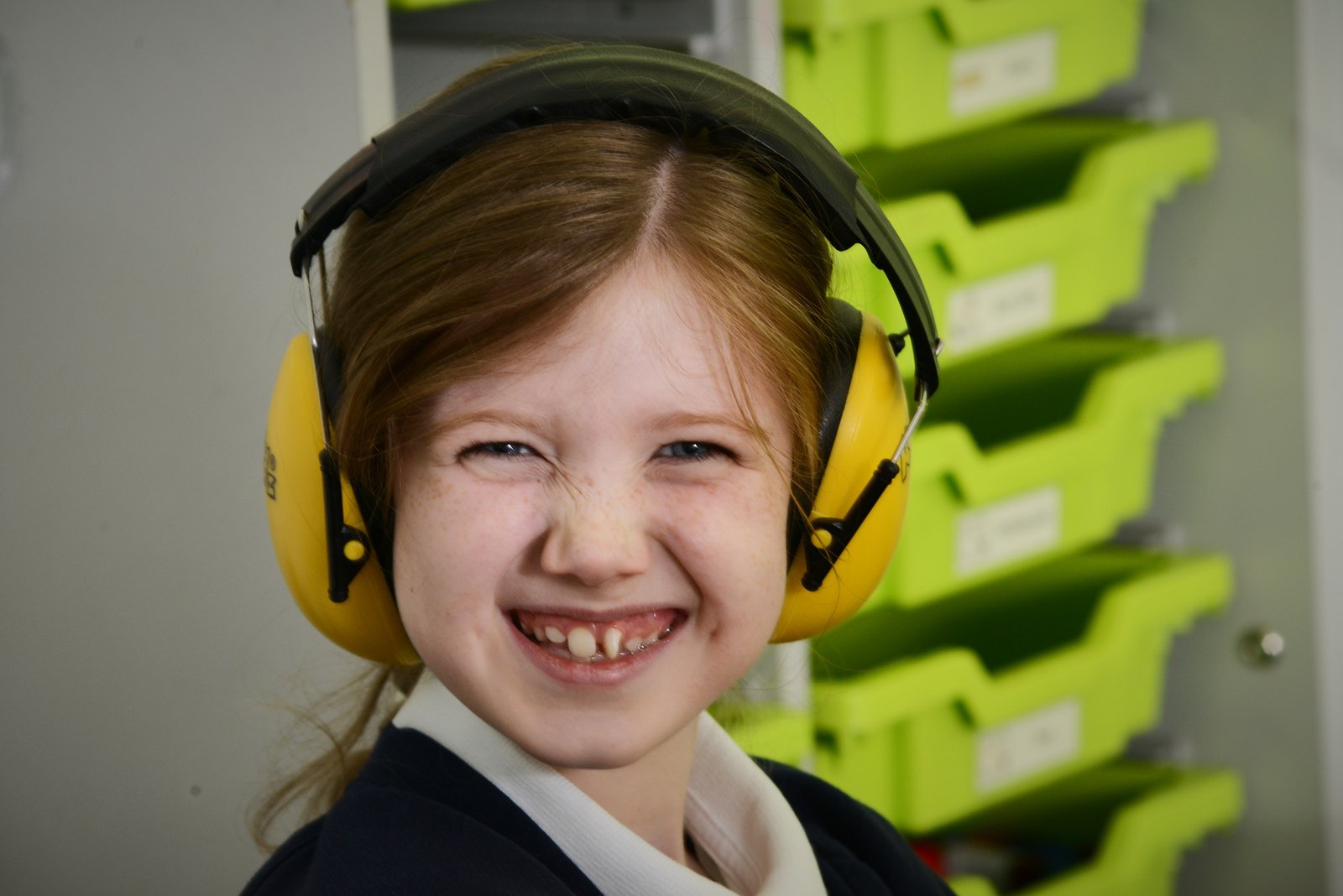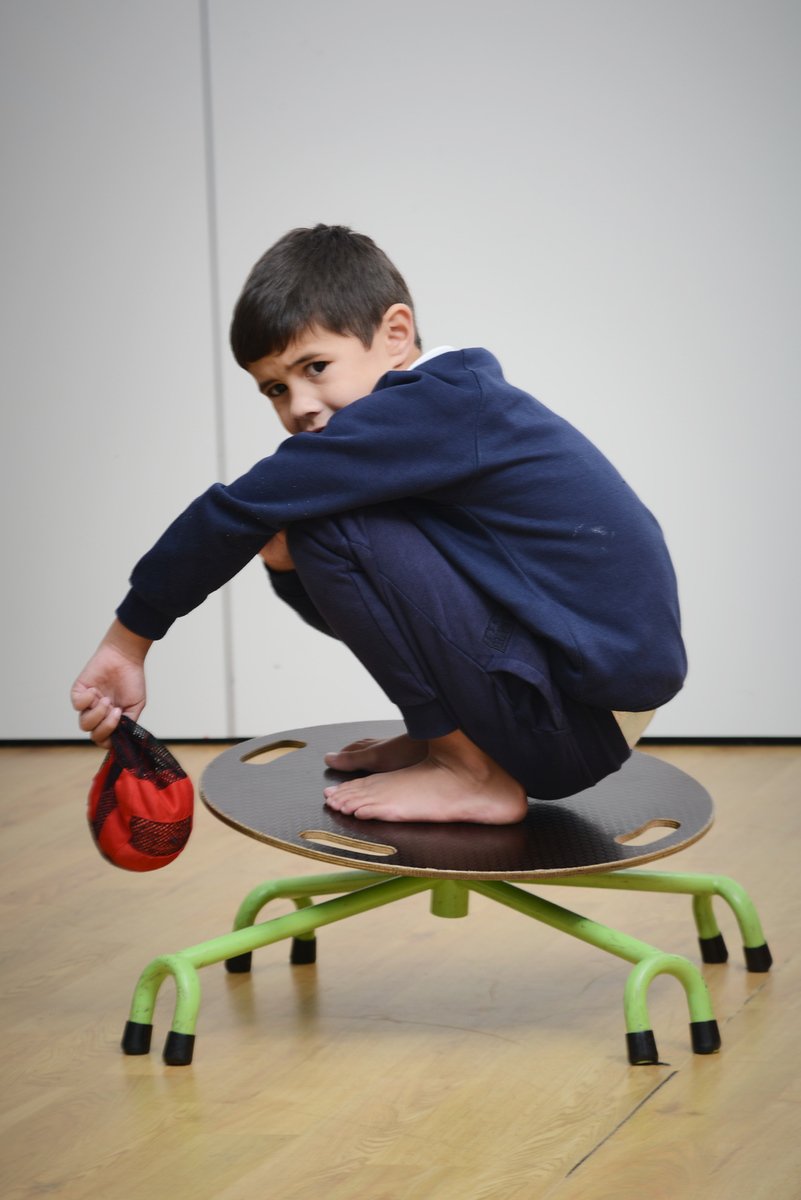- School Info
- Principal's Welcome
- Exam Results and Performance Tables
- Local Governing Body
- Staff List
- Ofsted
- British Values
- Policies
- Prospectus
- Vision and Values
- SEND
- Pupil Premium
- Sports Premium
- Wade Deacon Trust
- Feedback from Children, Families and Visitors.
- Financial Information
- Inclusion Quality Mark - Flagship Status
- Attachment and Trauma Sensitive Schools Award
- Operation Encompass
- Job Vacancies
- Designated Special Provision
- Parents
- Curriculum
- Early Years Foundation Stage (EYFS)
- SEND
- English
- Oracy
- Mathematics
- Science
- Art and Design
- Computing
- Design and Technology
- Geography
- History
- Modern Foreign Languages (MFL) - Spanish
- Music
- Physical Education (PE)
- Personal, Social, Health and Economic Education (PSHE)
- Religious Education (RE)
- Metacognition and Growth Mindset
- Wade Deacon Trust Curriculum Statement
- Pupils
- Calendar
- News
- Contact
- Statutory Policies
- Job Vacancies
- Train to teach
- Home
- Designated Special Provision
- Curriculum Around the Pupil (CAP) and Assessment
Curriculum Around the Pupil (CAP) and Assessment

DSP Curriculum – 6 Elements
Curriculum Around the Pupil (CAP)
The new curriculum approach is entitled CAP and simply means Curriculum around the Pupil. There are five key elements to the CAP approach, the use of National Curriculum, the Developing Skills Curriculum and P Levels, Emotional Literacy, Sensory Diet and Total Communication.
Progression Steps
Some pupils are able to access subject specific learning and will be following the Progression Steps area of B Squared, which means where appropriate pupils will still benefit from National Curriculum coverage of Numeracy and Literacy at a level that is suitable for them. There will be a strong emphasis on functional Literacy and Numeracy skills even for those pupils who appear to be functioning at National Curriculum levels. These will be delivered in Numeracy and Literacy sessions, as well as through practical activities in the afternoon such as individual or group Speech and Language sessions, and practical life skills sessions. Some pupils who are ready for more structured learning will be taught through Maths, No Problem!, Literary Tree, Read, Write, Inc (Phonics), Kapow (Art, DT and Music), and GetSet4PE!
Engagement Steps
Pupils who are not yet accessing National Curriculum and who are not ready for subject specific learning will be supported through developing areas of Engagement, which include Cognition and Learning, Communication and Interaction, Social, Emotional and Mental Health, and Sensory and Physical. Pupils will have individualised targets on their Personal Provision Plan, related to these areas as well as outcomes on their EHCP. These will be delivered through 1-1 work sessions, small group activities where subjects are used as a vehicle for delivering these objectives, multi-sensory activities, and SALT/OT input.
Pupils will follow a ‘Theme’ approach but the Theme will act as vehicle to teach the skills that are related to the pupils’ specific areas of needs as opposed to delivering a set of National Curriculum objectives related to specific subjects. National Curriculum subjects and objectives will still be used where appropriate and where they support and extended the skills pupils need to develop.
Developing Skills Curriculum
Where pupils are not ready for National Curriculum skills or will need a modified approach to National Curriculum then the guidance called ‘Developing Skills’ will be used to support planning for learning opportunities for these pupils alongside P Levels. This document outlines four key areas to address in a Curriculum for pupils with additional needs and then further expands on these areas:
SKILLS FOR LEARNING- including working with others in a team, reflecting on learning and problem solving and independent inquiry.
THINKING SKILLS- sensory awareness and perception and early thinking skills
PERSONAL SKILLS AND OTHER PRIORITIES- physical, orientation and mobility skills, organisation and study skills, personal and social skills, daily living skills and leisure and recreational skills.
Emotional Literacy
We know that for pupils to fully engage in learning experiences they need to use their ‘thinking’ and ‘feeling’ brain together but strong feelings such as confusion, anxiety or anger can overwhelm our pupils and make it difficult for them to make effective use of their whole brain. In creating an emotional literate environment we are aiming to make our pupils feel CLASI
Capable- people around me are genuinely interested in enabling me to realise my potential
Listened to- I am free to say what I think or feel and it may lead to things changing
Accepted- I can explore different ways of being myself
Safe- I do not have to hide the way my emotions influence what I think, do or say
Included- I am valued for the distinctive role I play in this class and school
We will aim through developing emotionally literate environments and providing learning opportunities through activities such as ‘Check in/check out’, ‘Relax kids’ and circle time activities to enable pupils to:
- Recognise their emotions in order to label and find them
- Understand their emotions in order to become effective learners
- Handle and manage their emotions in order to develop and sustain positive relationships
- Appropriately express emotions in order to develop as ‘rounded people’ who are able to help themselves and, in turn, those around them.
Sensory Diet
For many pupils with additional needs there may be difficulties with their sensory processing ability. The term sensory processing refers to the ability to take in information through our senses (touch, proprioceptive , smell, taste, sight, hearing, vestibular), organize and interpret that information and make a meaningful response. The seven senses are fundamental to a child’s ability to learn & function in any environment. Therefore if there is a difficulty in organising or integrating this sensory information this can have a dramatic impact on the pupils ability to engage in learning experiences. This is when they will need a Sensory Diet approach related to specific senses they may have problems with in order to enable them to utilise the senses they have and integrate information from the developing senses. These activities will vary greatly depending on the needs of the pupils but could include the need for rebound therapy, sensory room, specific equipment such as physio balls, visual stimulus and auditory stimulus.
Total Communication
Underpinning this whole Curriculum is the need for the Total Communication Approach. If pupils cannot access the curriculum due to difficulties in receptive language skills and cannot demonstrate their learning due to difficulties in their expressive language skills then the Curriculum approach will be ineffective. The Total Communication approach acknowledges the need to match our expressive communication to the needs of the pupils so that they can engage in learning experiences be that through Sign, use of Objects of Reference, PECS, clear speech, body language, intensive interaction and the use of visual supports such as timetables, now and next boards and symbols such as ‘wait’, ‘help’ and ‘Traffic Lights’. The Total Communication Approach also acknowledges that we need to be adept at responding to the child’s expressive communication so as to build relationships and understand what they have learnt during activities so we can build on this for future learning experiences.

CAP Pathways
CAP Pathways
Please click on the links below to see bespoke curriculum plans for our three classes;
Implementation and Assessment
How will CAP be delivered?
These sessions will be planned for by each individual class teacher as depending on the needs of the pupils they may have a CAP more weighted towards Communication and Sensory Skills or Developing skills or National Curriculum. Themes will be decided on based on what elements of CAP need to be focused on for those pupils so this will be done on a yearly basis to accommodate changes in class structure. Each Pupil will have a Learning Profile, using information from their Statement, where their specific areas of needs are identified . This learning profile will also generate information for their LRT plans and PPP’S. Together this information will be used to support planning that will lead to a variety of learning experiences that specifically cover their areas of needs for example fine motor skills, gross motor skills, early play skills, sequencing skills, expressive and receptive language skills, turn taking, understanding and expressing emotions, controlling anger, accepting responsibility and working together, functional Literacy and Numeracy.
How will CAP be assessed?
B Squared is used in the Designated Specialist Provision for Assessment and Evidence of Learning for Pupils with Special Educational Needs, to show small steps of progress for each child. All children are assessed in one of two areas for Cognition and Learning:
- Engagement Steps (Students not yet engaged in subject-specific learning)
- Progression Steps (Students engaged in subject-specific learning)
Other areas of assessment include:
- Communication and Interaction – Assessment of the expressive and receptive communication skills of learners, enabling staff to recognise the skills employed to transmit and receive information about an individual’s own needs thoughts, and feelings and those of others.
- Social, Emotional and Mental Health – Assessment of the social and emotional capabilities of learners, enabling staff to recognise the skills employed by individuals to make sense of, and cope with, other people’s expectations, societal rules, and their own experience of life.
- Sensory & Physical – Assessment of the sensory and physical capabilities of individuals, enabling staff to recognise the skills necessary for individuals to sense and interact with the world around them.
- Autism Progress – Profile the communication, social interaction, flexible thinking and emotional regulation of individuals with autism. Also contains strategies to help create personalised support plans.
Pupils’ work and Personalised Provision Plan targets are assessed using B Squared achievement codes so that small steps of progress can be tracked over a longer period of time. These include:
- DNE – The pupil did not engage with activity at all. This could be due to behaviour, lack of motivation, or refusal to work.
- Attention and Response - The pupil is now listening or aware of what is going on and may react to events. Depending on the level of pupil, could be a smile as something happens or a vocalisation.
- Engagement- The pupil is now involved and ready to join in, again depending on the level will depend on whether it could be physical support to join in, verbal prompting or imitating.
- Involvement- The pupil is more involved, they may need no physical support perhaps only a visual gesture to start them off or a few words to prompt.
- Gaining skills and Understanding- Give the pupil a chance to do it on their own, no physical support and minimal prompts- maybe just to get started or to finish task. The pupil may achieve the task but can’t repeat again or only in a certain way.
- Mastered- Staff are confident pupil can achieve the skill, they have demonstrated this a number of times.
Key to Judgements on progress:
Yearly Progress
50% + | Outstanding |
21% - 49% | Expected |
0% - 20% | Below expected |
Termly Progress
17% - 33% | Outstanding |
7% - 16% | Expected |
0% - 6% | Below expected |
If pupils are using the ‘Developing Skills’ Curriculum they will be assessed on the following areas using the objectives outlined in the ‘Developing Skills’ curriculum through observation of these skills being achieved in CAP sessions:
SKILLS FOR LEARNING- including working with others in a team, reflecting on learning and problem solving and independent inquiry.
THINKING SKILLS- sensory awareness and perception and early thinking skills
PERSONAL SKILLS AND OTHER PRIORITIES- physical, orientation and mobility skills, organisation and study skills, personal and social skills, daily living skills and leisure and recreational skills.
Children will all have an Annual Review of their EHCP each academic year, which will assess progress against each outcome and make any changes that are needed to reflect their needs. This is then sent to the Local Authority to be either amended or maintained. If needed, pupils will have an interim review of their EHCP as well as an annual one.



